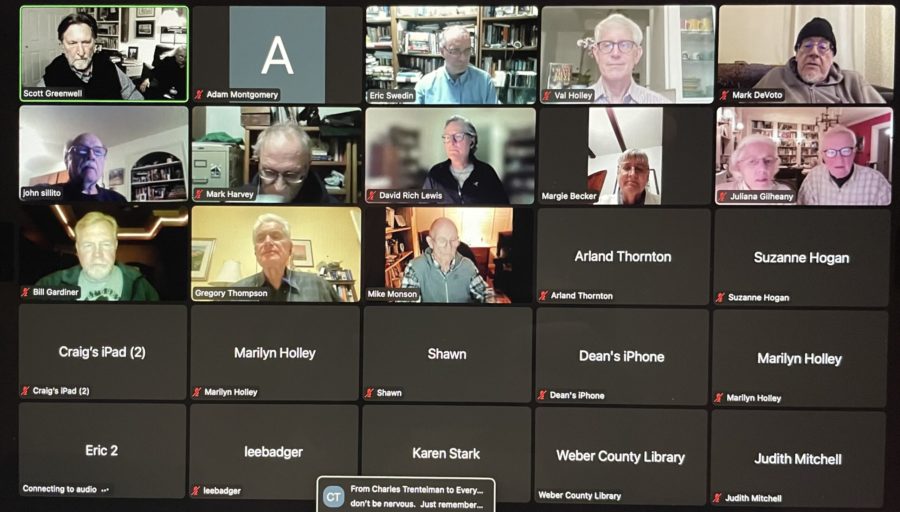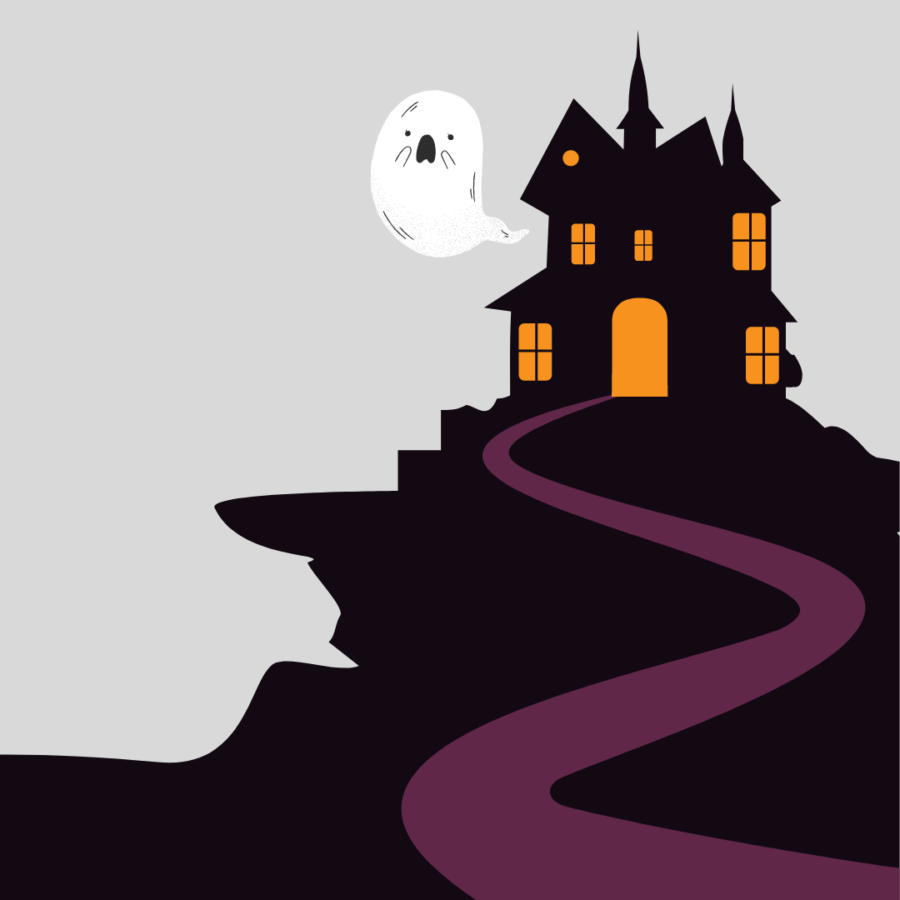I know better than anyone that writing inspiration isn’t one of those things that randomly falls out of the sky. When you set out on a forced journey to write the literary piece of the century, most of the time, you will end up traveling through a desert of barren creativity at some point or another. There will be no sign of life for miles, and when you think you’ve finally stumbled across an oasis, it only turns out to be an insanity-induced mirage that is way too complex and ridiculous to ever be translated to the page (though I’m sure many would say that those crazy fantasies sometimes turn out to be the most brilliant pieces of work, if they’re obsessed over long enough).
Still, it’s hard to take something vast and obscure and make it comprehensible, especially if you’re trying to start a fresh project. Sometimes it helps to take something one-dimensional that most people can associate with and build it outward so it becomes an intricate, complex spider web that fascinates and entraps people.
But let’s face it — when you’re going through that desert, you’re not going to get that shower of life-giving inspiration just by wishing for it. If you want rain, sometimes you’ve got to do a rain dance. To appease the muses of your mind, sometimes it’s good to go through certain writing rituals that will help spark the ideas you need for your project to survive.
Here are some ways that might help you with the ongoing National Novel Writing Month (if you happen to be participating), or maybe even in your creative process as a whole.
Discover your current obsession. Sometimes the easiest way to find a project that grabs you is to realize what topic or idea is the most interesting to you at the moment. Are your daydreams constantly full of scenarios with a potential love interest? Create something in the romance genre! Do vampires or the world of magic keep popping up in your mind as well? Try supernatural romance! Stephenie Meyer did it (along with many other varying and legitimately talented writers), and look how well that turned out. Does the possibility of a zombie apocalypse and the approaching Armageddon tickle your fancy? Intense sci-fi may be the way to go, then. The most important thing about starting a successful project is to make sure it’s something that you’re going to remain heavily interested in, at least for the beginning stages.
A lot of ideas can require tons of research in order to come together before you start planning the next three sequels. If you’re searching for information on a concept you already love, it will seem less like a chore and more like an enjoyable part of your normal, mind-numbing Internet-browsing habits.
Create a “soundtrack” for your project. I can’t think of a better medium to get you in the mood for writing than inspiring music. The majority of my downtime is spent daydreaming scenes from my books, set to some of my favorite songs. If you can find out what the mood for a certain scene would be, or even what you would imagine the soundtrack for your story might be, creating a playlist that reinforces that mood will make it a lot easier to write out those thoughts while you’re listening to it. I’ve even gone as far as to try to identity “theme songs” or “theme artists” for some of the characters I try to associate more with. You can interpret music many ways, and sometimes if you’re listening to your inspirational “soundtrack” while writing, the story starts to write itself when you think about the different ways it could be related to your open canvas of a plot.
Find someone to ramble to. I think, out of all these writing rituals, this is the one I swear by most. Even if you have a great idea and all these intricate plot twists you want to throw in there, it’s really hard to connect the dots in a way that won’t have people staring with extreme confusion at the creative mess you have mindlessly spewed onto a piece of paper and shoved at them for approval. Then again, creating an actual structure to your story can be one of the most tedious parts of the process. You may become overwhelmed because you might not know exactly where to start or what you need to look into to make your creative theories possible. I have a saying: “Ramble until reason comes out.” Most of my projects stay in a perpetual limbo stage, because they storm around in my mind so much it’s hard to sort through the chaos and find the actual plot in all the drama. However, I have a few select (very patient) individuals who don’t mind when I come to them and merely ask them to start talking about my book ideas. When you’re telling a story to someone else, it creates a forced sense of structure, because this person needs to have a Point A and a Point B to go to if they are going to understand your concept at all. This also helps you realize what the most important parts of your stories are and where the holes are that you need to fill. Sometimes, while I go on and on to my rambling person, I’ll come up with something on the fly to fill one of those holes, realize I really like the idea, and end up keeping it, even if I have to modify it a little. I believe this is truly the best way to sort out your ideas, because it forces them out of your head and into the real world, where you will need to line them up and have them make sense.
Those three are my go-to writing rituals, but there are plenty of other ways you can spark creativity. It all depends on the person. You can start a writing group, or set up a place of inspiration where your thoughts drive you to start scribbling in a notebook every time you’re around it. Something else I also do is consume as much media based on my current writing obsession as I can, because it helps me research what other ideas are out there and gets me excited to start producing something of my own in the same genre. Some might say this is dangerous because you tend to imitate what you watch, but I believe it’s all about the frame of mind. I don’t think there’s such a thing as a completely original idea, only an original interpretation. By looking at what’s already been created, it drives me to challenge myself to think even further out of the box, and hopefully come up with ideas that are truly creative, not just cheap knockoffs.



















